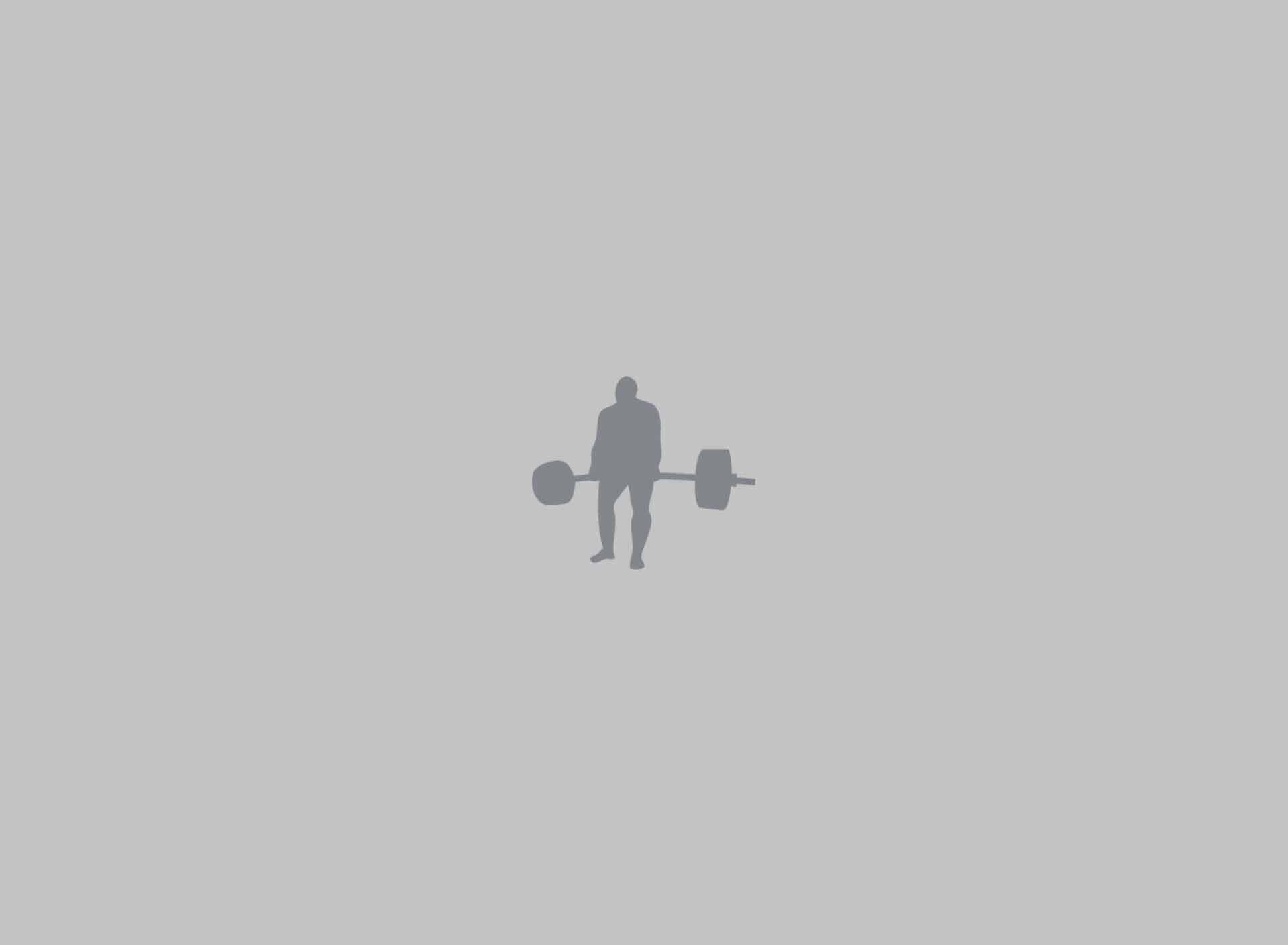Written by Ryan Brown
I have always hated the articles on the internet that discuss what is a good exercise and what is a bad exercise. I remember something that the Legendary Maximillion Mormont said to me a couple of years ago regarding exercise selection and it has stuck with me and my thought process behind programming since.
The story goes: guy walks into the gym and looks into the corner. There is a guy over there bending over and yanking on a dumbbell in what would be the least strict row ever, looks like he is trying to start a lawn mower. Bangin em out for reps like a wild ass animal. After the set, guy 1 walks over to guy 2 and says “what are you doing? why would you row like that?” Guy 2 responds simply, “I’m training for the lawn mower starting championships”
Hmm. Very well. Maybe that is the perfect exercise then? I have read several internet article condemning the behind the neck push press, because they are SOOOO bad for the shoulders……… but this guy seems kinda strong
Would I throw a 40 year old guy who has terrible shoulder mobility into the behind the neck push press? Probably not. Unless, I hated him, which is entirely possible.
Mike T came up yesterday for our Wednesday morning bench press date. We got on the subject of bench pressing and why people would do it. I have never seen a bench press in a CrossFit competition. I tend to think that is more of a logistical issue than anything else, but does that mean that the bench press isn’t a good exercise for a CrossFitter? Mike’s thought was that the bench press is mostly good for building the bench press and isn’t that functional. I tend to think that view misses some of the potential of how useful a bench press can be. As a powerlifter, the bench press is your competition lift and it is something to design your program to build. With all of the “How to build a big bench” out there, it can be easy to forget that for most people the bench press itself can be a great way to build strength… and being strong is ALWAYS functional.
Now that my shoulders have been feeling good, I have been adding in more bench pressing. Most olympic lifters don’t bench press, or if they do they don’t make it a staple in their program. This doesn’t mean that I think I have stumbled on something that olympic lifters have been missing out on, but… 1.) I feel like my jerks just feel really heavy in my hands, bench pressing gets me used to handling heavier weights and strengthening my wrists without being to taxing on recovery. 2.) With my previous shoulder issues, skipping bench pressing led to a serious imbalance between my overhead strength and my horizontal push strength. 3.) My chest is small and I want to make it more jacked for the honeys
This doesn’t mean that I want to go out of my way to build my bench press or that it will be a staple in my program forever, just that I feel it can be a useful exercise for me right now.
Accessory work is probably the area where the why comes into play the most. Why do you do any accessory work? You do it to prevent/correct strength imbalances, build muscle the muscle you need to support your main lifts/movements. If you had a perfect squat, then their wouldn’t really be any reason to do anything other than squat. If you want to get bigger, then you would just do more squats (disclaimer: probably nobody has a PERFECT squat). One of the most simple and profound ideas that I ever heard regarding accessory work was from Louie Simmons at the CrossFit Powerlifting thing. He said that accessory work is simple, you just look at the person. Do they have big shoulders and a small chest? Do they have huge legs and a tiny waist? Pow. You have just figured out what accessory work you need. There can be a ton of value in thinking like a bodybuilder when selecting accessory movements.
Stand by, I am about to say something revolutionary…
If you have been doing a corrective movement, a stretch, an “activation” movement the entire time you have been training and you continue to have to do the same stretches and movements, then there is a massively large chance that you are attacking the wrong problem.
This is the area I see the “why” missing the most. There are tons of people out there that will tell you stretching doesn’t work, or that corrective exercise doesn’t work, or even that the “activation” warm up drills don’t work. However, when you ask someone about their program they rarely have any rhyme or reason to the stretching/warm up routine. Then, since their “warm up” starts to become ineffective, they start to skip it all together and their mobility/movement quality just gets worse and worse.
Oh, you have tight hamstrings? and you have been stretching them your entire life?
Maybe you need to start looking for the problems elsewhere. How will you know where to look for these other problems and better plan your warm up routine? Basically, the only ways are to keep reading jtsstrength.com, or move to Louisville and let us solve all the problems in your life for you.
Writing programs can be as complicated a process as you want. The more data you collect about yourself, the better you will be able to answer the “why’s” in your program and ultimately increase it’s effectiveness.








































